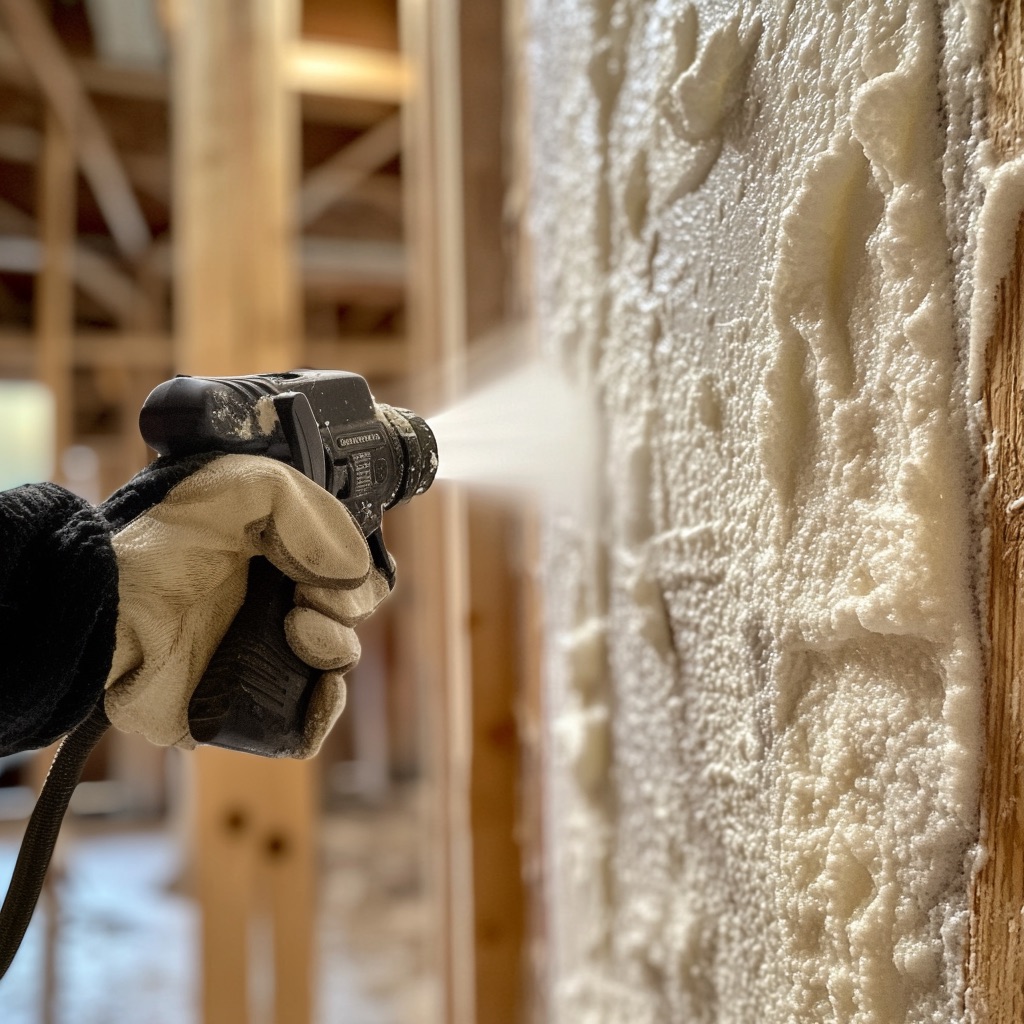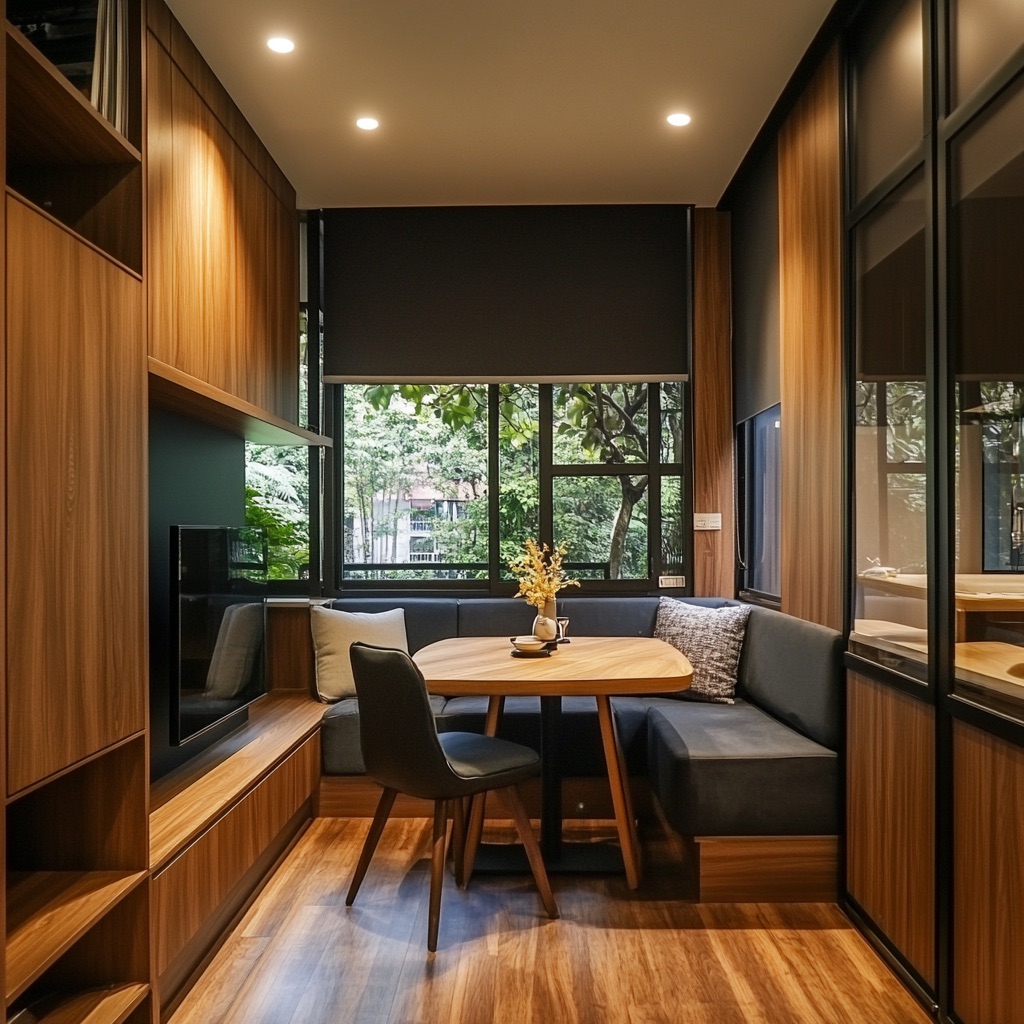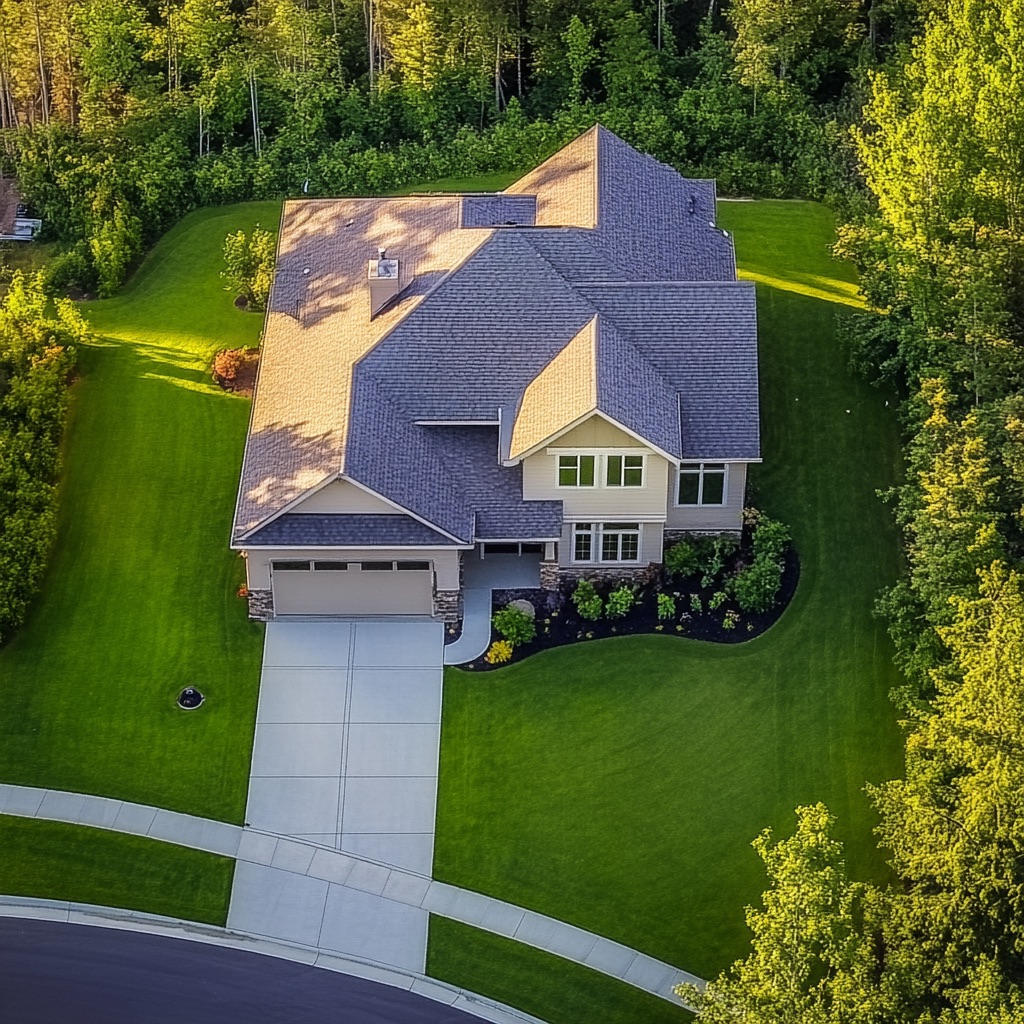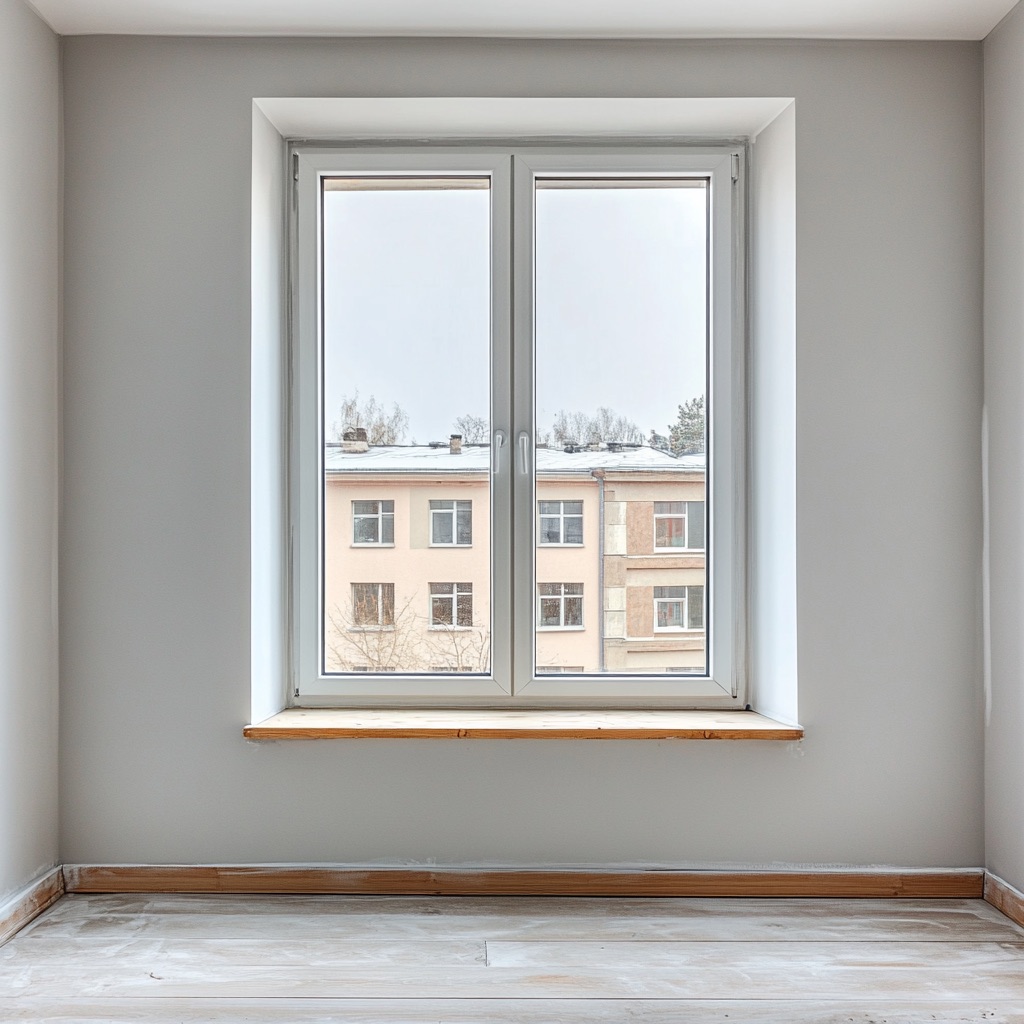Embarking on the journey to downsize isn’t a walk in the park; it’s a substantial life change that demands serious consideration. The plethora of options available for acquiring a tiny home, be it on wheels, a foundation, schools, vans, RVs, cabins, tiny park models, or prefab tiny homes, can be overwhelming.
The dilemma of buying new or used, building your own, and deciding where or from whom to make the purchase adds to the complexity. It’s a terrain filled with potential bumps and hiccups.
However, it’s critical to note that the process is not as complex as it sounds when you know what to look for and the type of tiny house you want. This blog post will explore critical things you should know when purchasing a tiny house.
Tiny House Floor Plans and Blueprints Matter
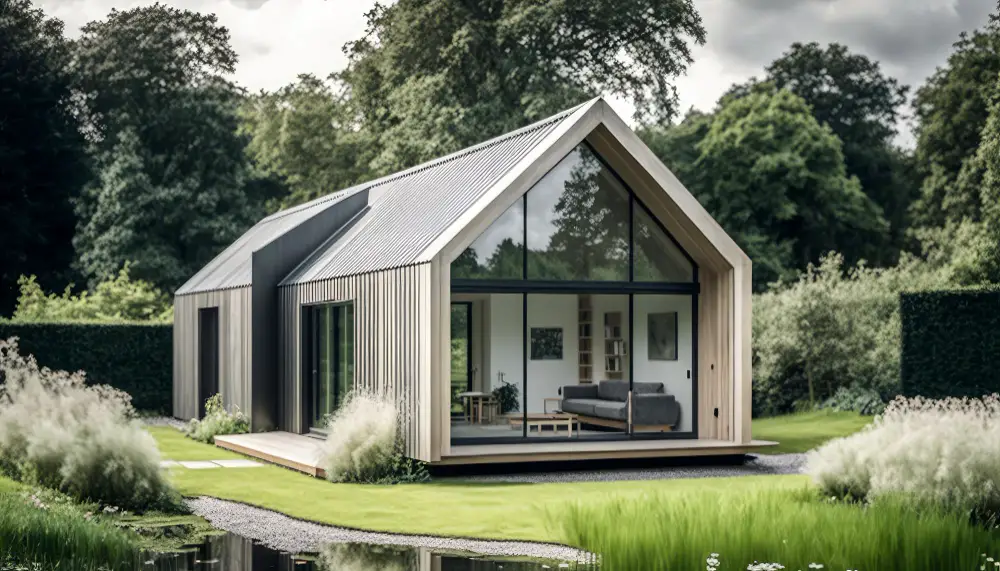
Tiny house floor plans and blueprints are not just technicalities; they signify a builder’s professionalism and commitment to structural integrity. These plans provide a roadmap for installing essential electrical wiring and plumbing elements.
When looking for tiny homes for sale South Carolina, you need to know the house inside out and ensure it’s in a precise location. Knowing your tiny home inside out helps in future repairs and maintenance. Opting for professionally drawn blueprints by architects or engineers is a mark of quality. It ensures the safety of your tiny abode.
Put Everything in Writing, Especially for Custom Tiny Homes
In the world of tiny homes, where businesses are relatively new and customization is abundant, having everything in writing is crucial. When dealing with custom tiny houses, builders often face challenges in accurately estimating costs, sometimes leading to the dreaded “change order.
You must advocate for detailed written agreements when buying a house. This ensures clarity on warranty coverage, tiny home blueprints, project timelines, delivery fees, and a breakdown of all financial transactions.
Understand the Warranty for Your Tiny Home
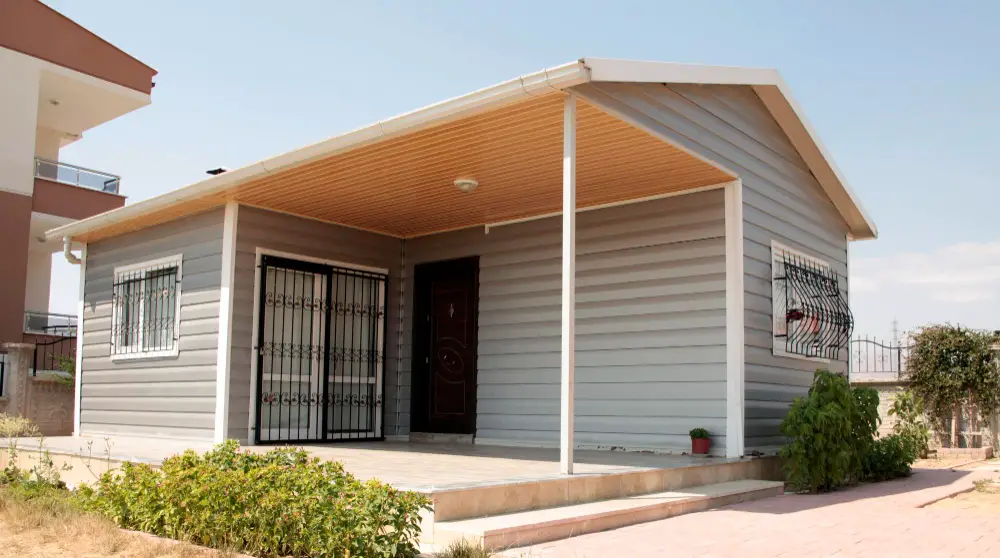
Overlooking the warranty details can be a costly mistake. Clearly defining the coverage, whether for appliances or workmanship, and establishing responsibility for contacting manufacturers in case of issues is vital.
The timeframe for repairs should be agreed upon and documented. Knowing the warranty terms beforehand avoids confusion and sets expectations for both parties involved.
Investigate past Work and Builds
Checking a builder’s or contractor’s past work provides invaluable insights. In my case, having a glimpse of past projects helped gauge the craftsmanship and quality of work.
Customer reviews, experiences, and a builder’s history play a crucial role in making an informed decision. Requesting information on past jobs and references is a small yet effective step in ensuring you’re in capable hands.
Plan for Budget Overages
No matter how meticulous your budget planning is, anticipate going over budget when building a or buying tiny homes for sale. Even when you think you have a frugal reputation, you might exceed the planned budget.
Factors like local workforce, material costs, and project duration can lead to underestimation. Allocating extra funds ensures a financial buffer, preventing unforeseen halts in your tiny house project.
Remember to revisit and double-check these steps as you embark on your tiny house adventure. While my tiny homes haven’t been without challenges, the lessons have made me wiser for the next endeavor. Happy downsizing!
Recap
